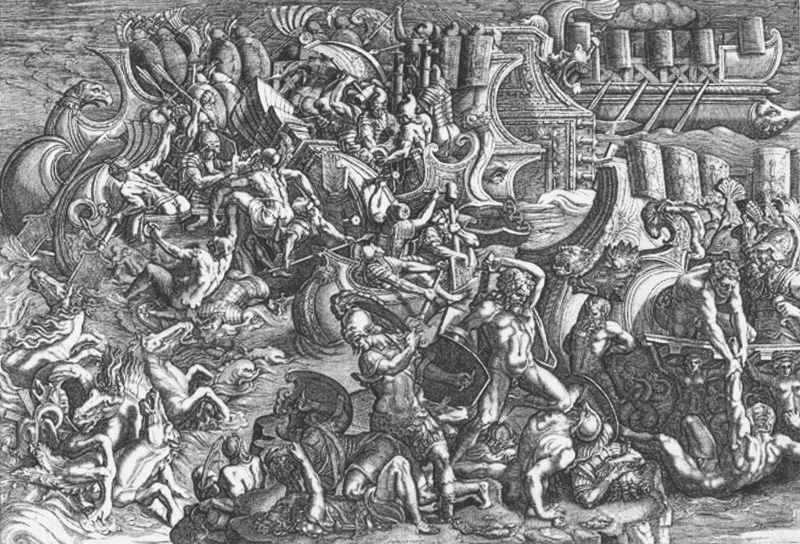You Can’t Not Say Something

I recently had a major misunderstanding with a client about what it meant to be objective. The project was somewhat controversial, perhaps more controversial than it should have been. It was an exhibit about the problem of violence, and it dealt primarily with historical accounts of violence. Going in, we all agreed that human violence was a bad thing, but we thought the exhibit required that we present the subject objectively. Agreed.
But what does it mean to be objective? Does it mean you are a neutral referee watching the game and calling fouls where you see them? If so, that implies a game with rules. And rules require a judgment: this is OK to do; this is not. Our basic rule was that human violence was bad. One could argue with that rule, but nobody on our team did, and the referee analogy was in fact my take on what it meant to be objective.
Another kind of objectivity requires you to suppress all value judgments about the subject at hand. Is violence good or bad? Let’s present the facts and let the viewer decide. This was what the client meant by “objective,” and what the exhibit, in the end, presented.
This second kind of objectivity is what we are apt to think of as being the goal of news coverage. Just the facts. But there’s a problem with this objectivity, which becomes clear when you apply it to the past. We live in a culture that has historically condoned, honored, even glorified violence. If you present only “the facts,” you run the danger of tacitly condoning violence, because that’s the story the facts tell. Historically, we cheered the boxer who knocked out his opponent, we celebrated the child who beat up the bully, we exonerated the husband who killed his unfaithful wife.
You have to make a judgment. You have to let the visitor know that society’s thinking on these things has changed or is changing. Otherwise you’re like the Supreme Court when it refuses to hear a case; you’re saying that the old ways are OK, there’s no need to revisit them. That is not objectivity; that is a judgment.
Image: “Naval Battle Between Trojans and Greeks,” Giovanni Battista Scultori, 1534. Found at http://trojanwarpodcast.com/episode-14-deadly-destiny/
Posted on March 11, 2017 at 1:42 pm under Words & Music